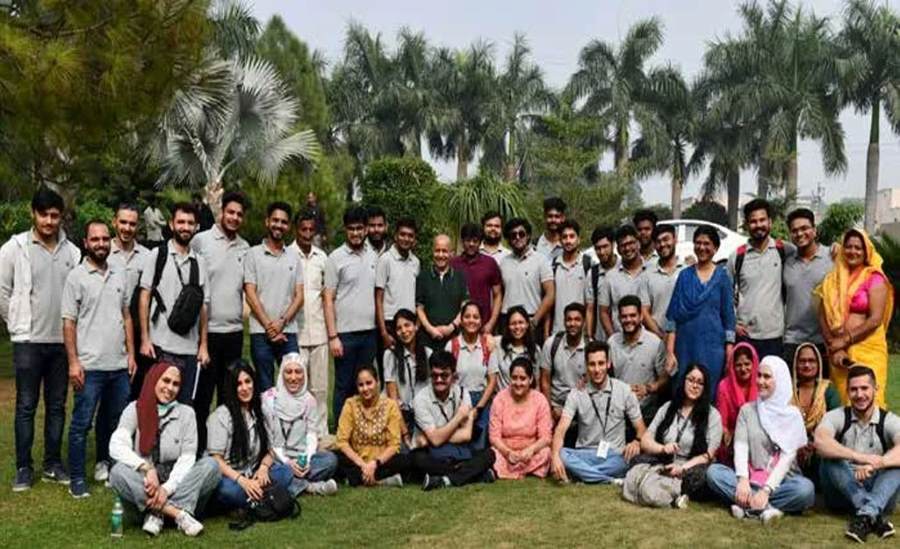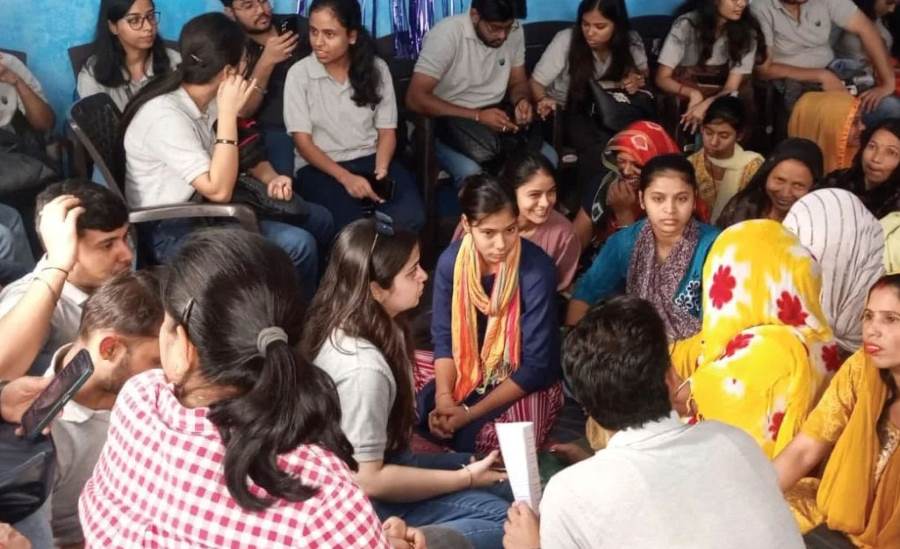
Background
In recent decades, the role and expectations of businesses in society have undergone a significant transformation. Traditionally, businesses were primarily seen as profit-maximizing entities with a primary fiduciary duty to shareholders. However, a growing awareness of environmental, social, and ethical issues has shifted this paradigm. Today, businesses are expected to operate with a sense of responsibility toward a broader range of stakeholders, including employees, customers, suppliers, communities, and the environment.
This evolution in the perception of business roles and responsibilities has given rise to the need for comprehensive theories and frameworks that guide businesses in understanding, embracing, and implementing responsible business practices. These theories and frameworks provide a structured approach to corporate social responsibility (CSR), sustainability, ethics, and governance, enabling businesses to align their operations with societal values and expectations.
The business world is increasingly interconnected and exposed to global challenges such as climate change, social inequality, and ethical concerns. Moreover, consumers and investors are becoming more discerning, favoring companies that demonstrate a commitment to responsible practices. Against this backdrop, understanding and implementing business responsibility theories and frameworks have become critical for businesses aiming to thrive in a rapidly changing landscape.
Employee and community engagement are indeed critical factors that contribute. Today I will take up community engagement and share it with you. One of the core missions of BIMTECH is to ingrain ethics, sustainability, and inclusive growth in all its activities. We strongly believe that for a business leader to be successful in the long run throughout their career, they must be ethical and aim for sustainability and inclusive growth. The concept of “responsible business” is now one of the core modules in all PGDM programs. The module includes a mandatory community immersion component. Students visit the social development projects of companies. Interact with the government, civil society, and community representatives. This Experiential Learning acquaints students with the most complex challenges of society and enables them to develop a mindset to bring out sustainable solutions while addressing the needs of communities.
In the dynamic landscape of modern business, the concept of corporate responsibility has gained substantial prominence. This executive summary delves into the various theories and frameworks that guide businesses in fulfilling their ethical and social responsibilities. Understanding these theories and frameworks is essential for businesses seeking to navigate the complex terrain of corporate responsibility effectively: sustainability frameworks, and more.
First and foremost, the stakeholder theory is a foundational framework for business responsibility. This theory posits that businesses should consider the interests of all stakeholders, including employees, customers, suppliers, and the community, rather than solely focusing on maximizing shareholder wealth. Embracing this theory encourages companies to adopt a more holistic approach to decision-making, where long-term sustainability and ethical practices take precedence.
Another pivotal concept is corporate social responsibility (CSR). CSR emphasizes that businesses must contribute positively to society beyond their profit-making activities. This framework encourages companies to engage in philanthropy, environmental sustainability, and ethical business practices. CSR enhances a company’s reputation and aligns it with societal values, fostering goodwill and long-term success.

Here’s how these two components play a key role in CSR success:
Employee Engagement:
- Internal Advocacy: Engaged employees are more likely to be advocates for CSR initiatives. When employees believe in and support the company’s social responsibility efforts, they become powerful ambassadors for the cause.
- Enhanced Productivity and Retention: CSR initiatives that align with employees’ values and passions can enhance job satisfaction and morale. Engaged employees are more likely to be productive and loyal, reducing turnover rates and associated costs.
- Skill Development and Learning Opportunities: Involving employees in CSR activities provides opportunities for skill development and learning beyond their usual job responsibilities. This can lead to personal growth and a sense of fulfillment.
- Team Building: Collaborative CSR activities can foster a sense of community and teamwork among employees. Working together towards a common social goal can strengthen relationships and improve overall workplace dynamics.
- Attracting Top Talent: A strong commitment to CSR can attract top talent, especially among the younger workforce who often prioritize companies with a genuine commitment to social and environmental responsibility.
Community Engagement:
- Building Trust and Relationships: Engaging with local communities builds trust and positive relationships. Companies that are seen as actively contributing to community well-being are more likely to be accepted and supported by the local population.
- Addressing Local Issues: Understanding and addressing local issues through CSR initiatives demonstrate a company’s commitment to being a responsible corporate citizen. This helps in aligning business objectives with community needs.
- Sustainability and Long-Term Impact: Sustainable CSR initiatives designed in collaboration with communities are more likely to have a lasting impact. Building local capacity and empowering communities contribute to long-term sustainability.
- Risk Mitigation: Active community engagement can help identify and mitigate potential risks related to social, environmental, or ethical issues. Proactive efforts to address concerns prevent reputational damage and legal issues.
- Market Access and Brand Reputation: Companies that engage with communities positively are likely to have better access to markets. A positive brand reputation, driven by meaningful CSR efforts, can differentiate a company in a crowded marketplace.

In summary, employee and community engagement are integral to the success of CSR initiatives. A holistic approach that considers the perspectives and needs of both employees and communities can create a positive impact that extends beyond immediate philanthropy, fostering sustainable business practices and social well-being. Employee and community engagement are indeed critical factors that contribute significantly to the success of Corporate Social Responsibility (CSR) initiatives. CSR involves a company’s efforts to contribute to the well-being of society beyond its core business activities, and engaging employees and communities can enhance the effectiveness and sustainability of these efforts.
To expose my students to different stakeholders on November 7, 2023, in Gautam Budha Nagar district by the Birla Institute of Management Technology (BIMTECH). This project involved a group of professors, managers, and first-year PGDM students including international students from Zimbabwe and Syria, who visited villages in Gautam Budha Nagar. The main goal of this rural immersion program was to learn about village life and understand the challenges faced by people in villages and different stakeholders.
During their visit, BIMTECH students engaged with residents of the villages, delving into critical issues such as health, education, livelihood, Self Help Groups (SHG), and Water, Sanitation, and Hygiene (WASH). Conversations and surveys revealed unique challenges in each village, from healthcare accessibility and educational resource gaps to livelihood opportunities and empowering Self Help Groups. These discussions and community interactions served as vital steps toward understanding and addressing the specific needs of each village
Through these activities, students not only learned about village life but also developed qualities like understanding, problem-solving, and creative thinking. The students didn’t just learn about problems; they also tried to find solutions. By working with the villagers and these groups, they came up with practical and helpful ideas to make the village life better. This experience made the students more responsible and better prepared to make the world a better place and it is an important step towards creating a brighter and more fair future for these villages.
Approx. 350 MBA Students, professors, and staff of Birla Institute of Management Technology (BIMTECH) visited different villages of Gautam Budh Nagar, UP in association with DNR Foundation under the project U – Turn 4 Nature “U-Turn4Nature, a village women enterprising-based rural development project. 100% natural processing units (Modern Gramodyog) are set up in villages by women SHGs after skilling in production & marketing, formed under NRLM)/ NULM & Women FPOs. The core belief of NRLM is that poor women have a strong desire and innate capabilities to come out of poverty. They are entrepreneurial & are striving to enable them to have self-sustainable & dignified livelihoods, to make these women competitive as per global market standards across India.
They also visited the villages adopted by the Ambuja Cement Foundation & DHL. Some reactions:
- It was an insightful journey understanding the way of living in Indian rural areas, the quality of education, and various facilities within the communities (Temba Rodgers)
- It is so lovely to see how you are exposing students to rural India and the opportunities that you have created for village women to help them have a dignified livelihood (Ekta Kumar).
- This is an excellent intervention to alleviate rural distress. Unpaid rural employment is on the rise and needs to be addressed through a multi-sectoral approach (Muna Ali).:



















